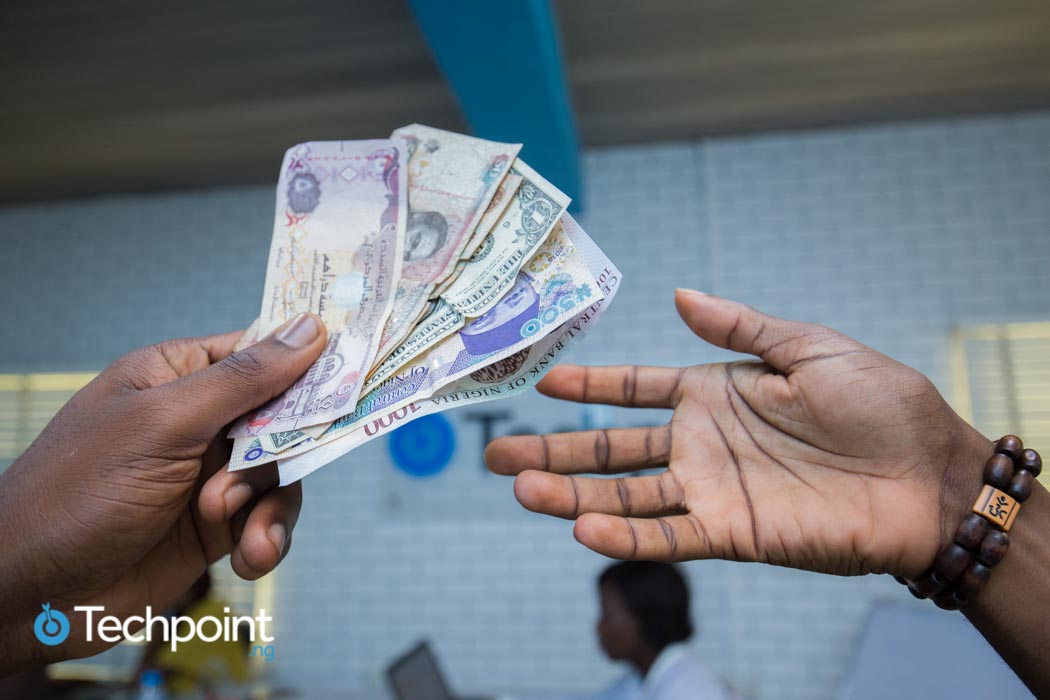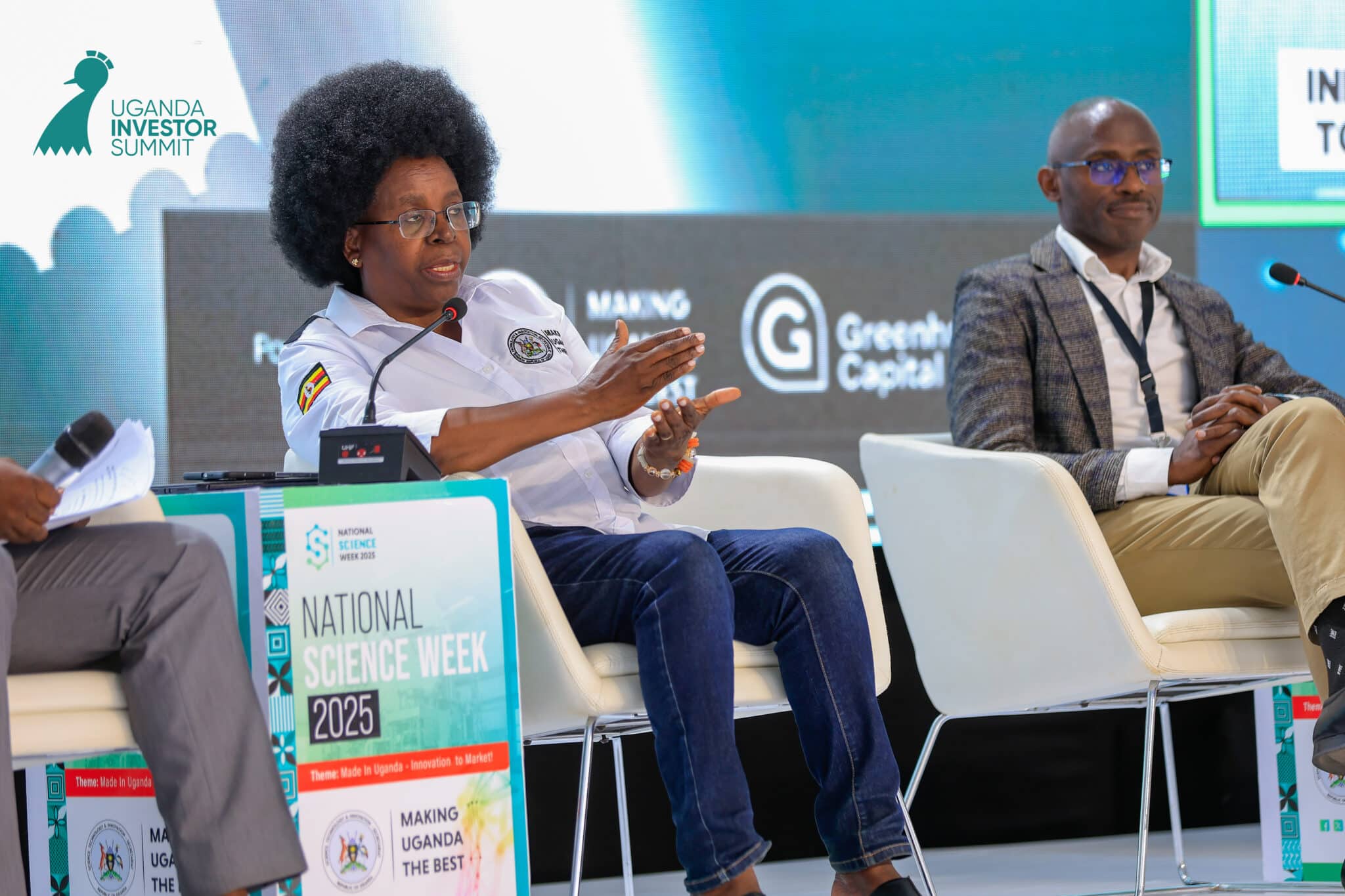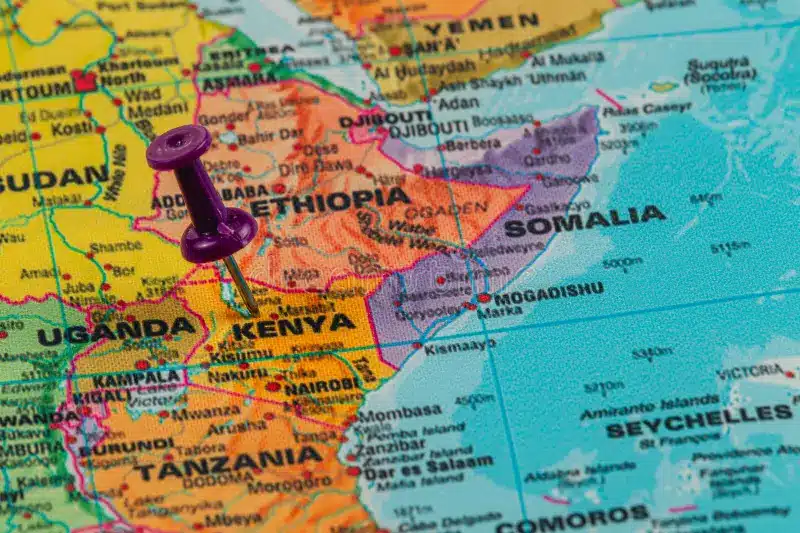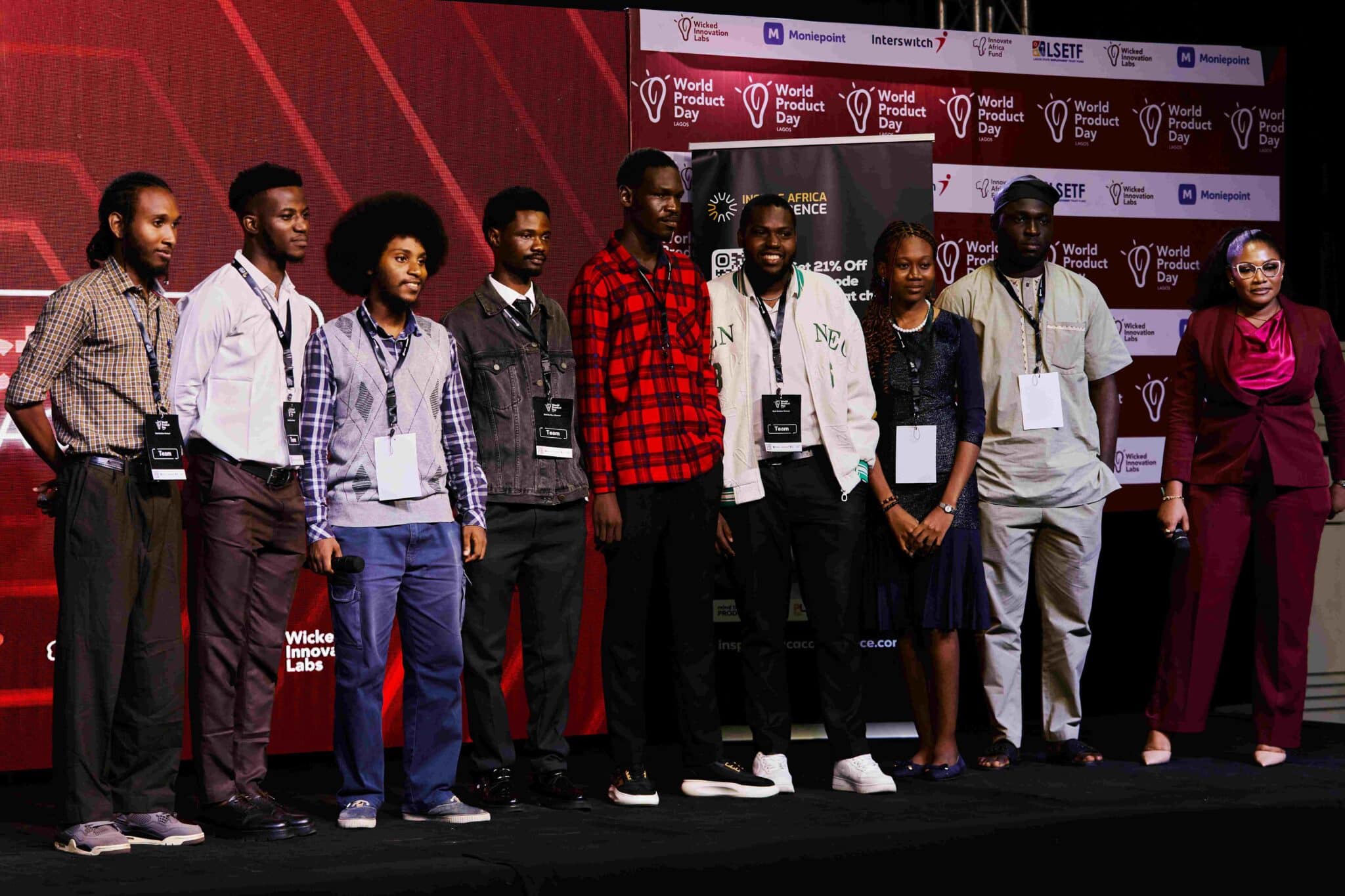Over the past decade, Nigeria’s startup ecosystem has become the poster child for African innovation.
Four of the seven unicorns on the continent are headquartered in the West African country. Funding to startups in the country has also increased astronomically, mirroring the continent’s growth.
Between 2015 and 2022, startups in Nigeria raised more than $2 billion. This saw it become the top destination for venture capital in Africa. Success stories like the sale of Paystack and Y Combinator’s interest in its startups piqued investors’ interest, while its large youthful population signified a huge market.
However, that seems to have changed in 2023. While most countries saw less money go to startups headquartered in them, the drop for Nigerian startups saw it fall behind Kenya, Egypt, and South Africa.
According to Briter Bridges’ 2023 Africa Investment Report, Nigerian startups raised $575 million. In contrast, startups in Kenya and Egypt raised $805 million and $675 million, respectively.
While the tendency is to get apprehensive, it is crucial to assess the factors influencing Nigeria’s current state of funding.
Dip in funding not critical
Anthonio Pinheiro, Chief Operating Officer and Head of Portfolio Support at Ingressive Capital, argues that any interpretation of Nigeria’s funding performance must be done in light of the continent’s general performance.
Funding to African startups in 2023 fell by between 20% and 43% according to the major funding trackers on the continent. This dip, exacerbated in 2023, began in 2022 as venture capitalists globally slowed down on investment activities and startups struggled to raise money.
Although the continent had initially bucked the trend, it was only a matter of time before its startups were affected considering the majority of the capital raised came from overseas.
Maxime Bayen, a partner at venture capital firm, Catalyst Fund and Co-founder of Africa: The Big Deal, holds a similar view. He points out that a common factor among African countries that received the most capital was their large population and GDP numbers.
Nigeria is the most populous country in Africa, with a significant youth population. It is also the largest economy on the continent with a GDP of $477.38 billion as of 2022.
Large populations, Bayen explains, represent a large market and help startups during expansion plans. Of the four countries that receive the most funding on the continent, three — Nigeria, Egypt, and South Africa — are the largest economies on the continent.
Bayen also points to the heightened entrepreneurship activity in the country, explaining that Catalyst Fund sees more startup pitches from Nigeria than anywhere else on the continent.
That is not to say that all was good and there’s nothing to worry about; there were a few pivotal events in 2023. For one, it held an election to replace outgoing President Muhammadu Buhari.
While there are no indications that the elections had any direct impact on funding activity, it is not unusual for investors to pause investing during elections and for some time after.
The Central Bank of Nigeria also floated the naira shortly after the newly elected president took office.
That action, expected by many to encourage investments, sent the naira into a free fall. Operational costs for startups spiralled and revenue reporting became a headache for startups that had foreign investors.
The purchasing power of many Nigerians also took a hit as other businesses had to increase prices to combat the increased cost of production.
These two events took place in the second half of the year and likely contributed to the reduced investment activity in 2023.
Pinheiro and Bayen caution against viewing Nigeria’s performance as abysmal, especially in light of a global funding slowdown.
“Yes, there was less money raised, but last year Nigeria still had the highest number of startups to raise $100,000 or more which is like 25% of the continent. So while the total amount may not have been as high as in previous years, it was still quite significant,” Pinheiro points out.
Investors retain interest in Nigerian startups
While both say there is no guarantee that funding will immediately return to the levels seen in 2021 and 2022, they agree that there is still significant interest in startups from Nigeria.
Bayen reports the presence of early signs indicating that VCs are increasing activity, but advises exercising caution.
“What remains for sure is that the problems that startups in Nigeria were aiming to solve in the past couple of years, a number of them are still there. There are still a lot of fantastic entrepreneurs in Nigeria who are tackling these problems and there is capital that has been raised by investors and that continues to be raised by investors. So, there’s no reason why startup funding should slow down massively in Nigeria.”
“I do believe that Nigerians themselves are very resilient. I do believe that VCs are looking for the diamonds in the rough, those founders who have seen a problem, have a unique way of solving the problem and are looking for the right investors.
“I do want to say that even founders themselves are also doing a lot more diligence about the investors that get on their cap table. So I’d say the market itself is maturing and this decline should not be seen as a doom and gloom,” Pinheiro adds.
He also believes that Nigerian founders should expect to see more competition for funding as other countries jump on the startup train.
“What’s happening is that other African countries have been looking at Nigeria so far dominate and they’ve woken up, so I think for our founders, it’s a call to action to step up their game,” he concludes.











